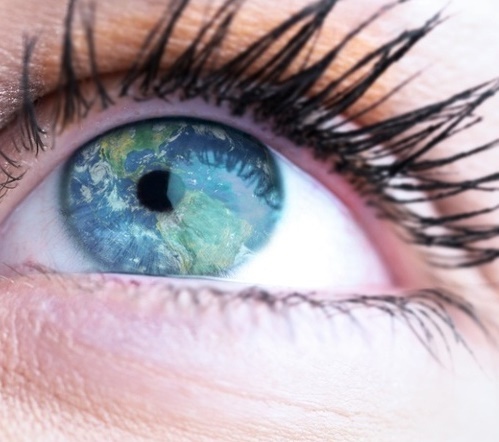When is Someone Too Young or Too Old to Have LASIK?
LASIK is FDA-approved for those 18 and older. Dr. Lindahl encourages young patients to wait until they are 21, when a person’s prescription stops changing. Having a stable prescription for at least two years is required before anyone, young or old, is deemed a good LASIK candidate.
Are you ready for 2026?
Will you make the standard list of resolutions – all with the best of intentions to put yourself first? It’s tempting to make up our minds to lose weight, stop smoking, start exercising, make new friends, and try different hobbies or activities at the fresh start of a new year. But usually, sometime around mid-February, regular life routines kick back in, and we often put resolutions on the back burner or out of our minds entirely.






